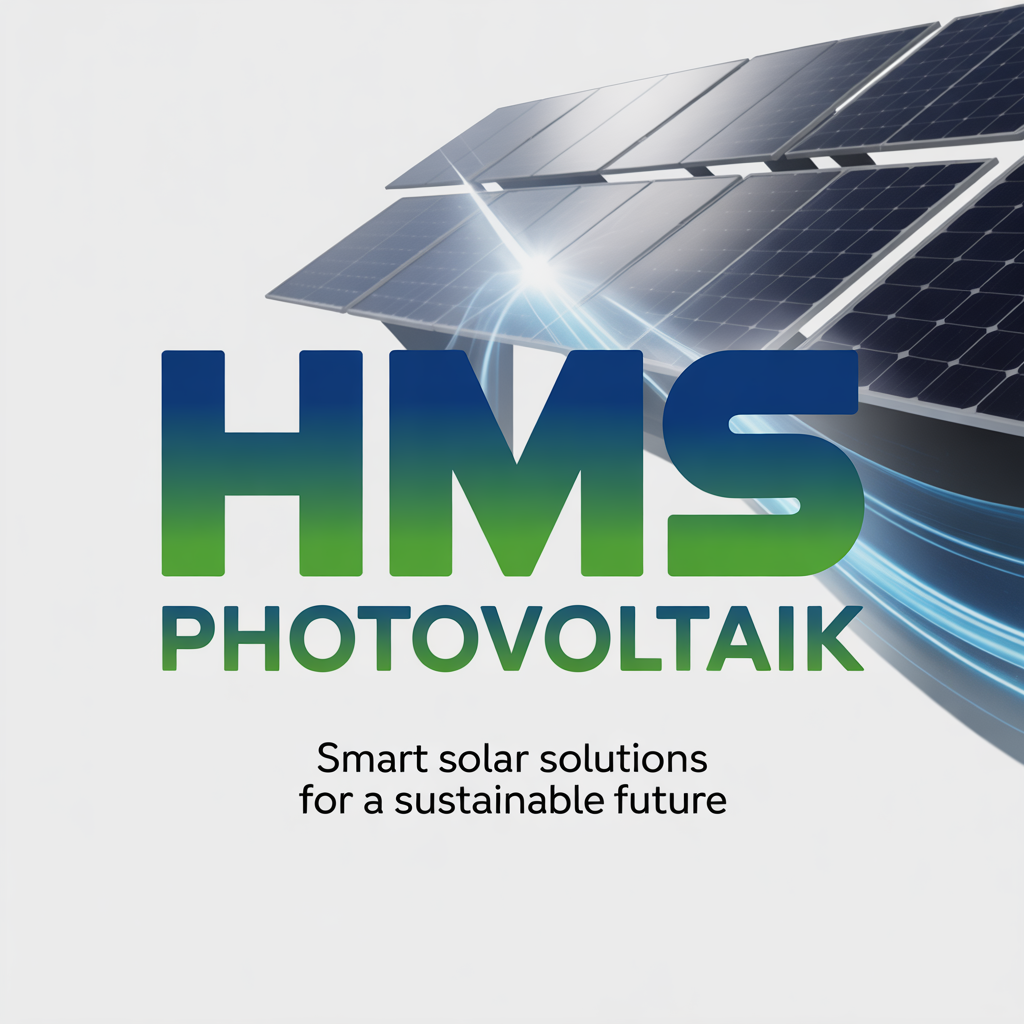In today’s rapidly evolving energy landscape, HMS Photovoltaik stands out as a leader in smart, efficient, and sustainable solar technology. It represents the next generation of photovoltaic (PV) systems — combining advanced solar modules, intelligent power management, and clean energy innovation to deliver maximum performance with minimal environmental impact.
What Is HMS Photovoltaik?
HMS Photovoltaik refers to modern photovoltaic systems designed for high efficiency, flexibility, and intelligent control. Unlike traditional solar setups, these systems integrate:
-
High-performance solar modules that convert sunlight into electricity efficiently.
-
Micro-inverters or module-level power electronics (MLPE) to optimise each panel individually.
-
Smart monitoring systems that track performance in real time.
-
Energy storage and hybrid integration, allowing users to store solar energy for later use.
This combination makes HMS Photovoltaik not just a solar system, but a complete energy management solution.
Key Technologies Behind HMS Photovoltaik
1. Advanced Solar Modules
HMS systems often use monocrystalline or bifacial panels, known for their superior efficiency and durability. These panels produce more power per square metre, making them ideal for residential rooftops and commercial installations.
2. Micro-Inverters and Smart Electronics
Traditional solar arrays rely on one large inverter for multiple panels. In contrast, HMS systems use micro-inverters, where each panel operates independently.
This approach offers key benefits:
-
Improved energy output — even if one panel is shaded, others continue performing optimally.
-
Enhanced safety — lower DC voltages reduce electrical risks.
-
Simplified troubleshooting through module-level monitoring.
3. Real-Time Monitoring and Control
Through cloud-based monitoring tools, users can check:
-
Energy generation from each module.
-
System performance, efficiency, and faults.
-
Energy savings and grid exports.
This smart control transforms solar systems into interactive, data-driven power solutions.
4. Battery and Hybrid Integration
HMS Photovoltaik systems can pair with battery storage, enabling users to store daytime solar power for nighttime use. This maximises self-consumption, reduces electricity bills, and provides backup power during outages.
Benefits of HMS Photovoltaik
Higher Energy Yield
Because every panel operates independently, HMS systems can achieve up to 20% more energy compared to traditional setups — especially in shaded or uneven lighting conditions.
Long-Term Reliability
With fewer single points of failure, micro-inverter systems are more robust. Many come with 20–25-year warranties, ensuring long-term peace of mind.
Smart Energy Independence
HMS systems allow homeowners and businesses to generate, store, and use their own clean energy. This reduces dependence on the grid and fluctuating electricity prices.
Sustainable and Eco-Friendly
By harnessing solar energy efficiently and integrating recyclable materials, HMS Photovoltaik supports global sustainability goals and carbon reduction efforts.
Applications of HMS Photovoltaik
Residential
Ideal for homes with limited roof space or partial shading, HMS systems maximise output per panel while offering easy monitoring through smartphone apps.
Commercial
Businesses can use HMS Photovoltaik to cut operational costs, improve energy security, and demonstrate environmental commitment. The modular design simplifies scaling as energy needs grow.
Community and Off-Grid Projects
In rural or developing areas, HMS systems provide modular, independent energy generation — perfect for microgrids and community power projects.
Sustainability and Environmental Impact
Every kilowatt-hour of solar power generated through HMS Photovoltaik reduces reliance on fossil fuels.
-
Zero emissions during operation.
-
Reduced carbon footprint over the system’s life cycle.
-
Lower material waste due to smarter design and longer lifespan.
By producing clean, renewable energy, HMS Photovoltaik helps drive the global shift toward carbon-neutral power systems.
Challenges to Consider
While HMS Photovoltaik offers many benefits, it also presents some considerations:
-
Higher upfront costs due to micro-inverter technology and smart electronics.
-
Complex installation requiring skilled professionals.
-
Compatibility checks when integrating with older systems or battery setups.
However, the long-term gains in energy savings, durability, and efficiency often outweigh these initial hurdles.
The Future of HMS Photovoltaik
As solar technology advances, HMS Photovoltaik is evolving in exciting ways:
-
Artificial Intelligence (AI) for predictive maintenance and performance optimisation.
-
Vehicle-to-Grid (V2G) capabilities, allowing electric vehicles to store and share solar energy.
-
Next-generation materials improving panel efficiency and recyclability.
-
Community solar networks powered by smart, modular HMS systems.
These innovations make HMS Photovoltaik a cornerstone of the renewable energy revolution — enabling a smarter, cleaner, and more resilient power future.
Conclusion
HMS Photovoltaik represents the perfect blend of innovation, intelligence, and sustainability in solar energy. Its combination of advanced hardware, real-time monitoring, and hybrid flexibility offers both environmental and financial benefits.
Whether for homes, businesses, or entire communities, HMS Photovoltaik empowers users to take control of their energy future — efficiently, responsibly, and sustainably.

